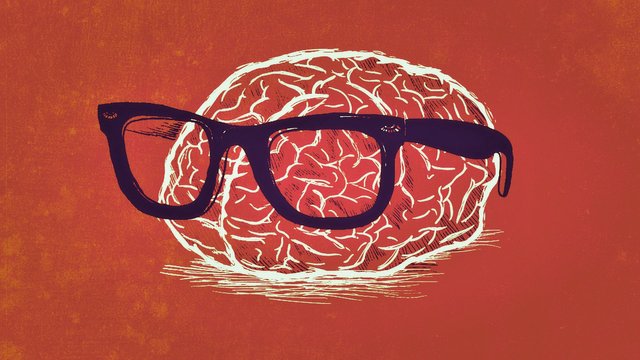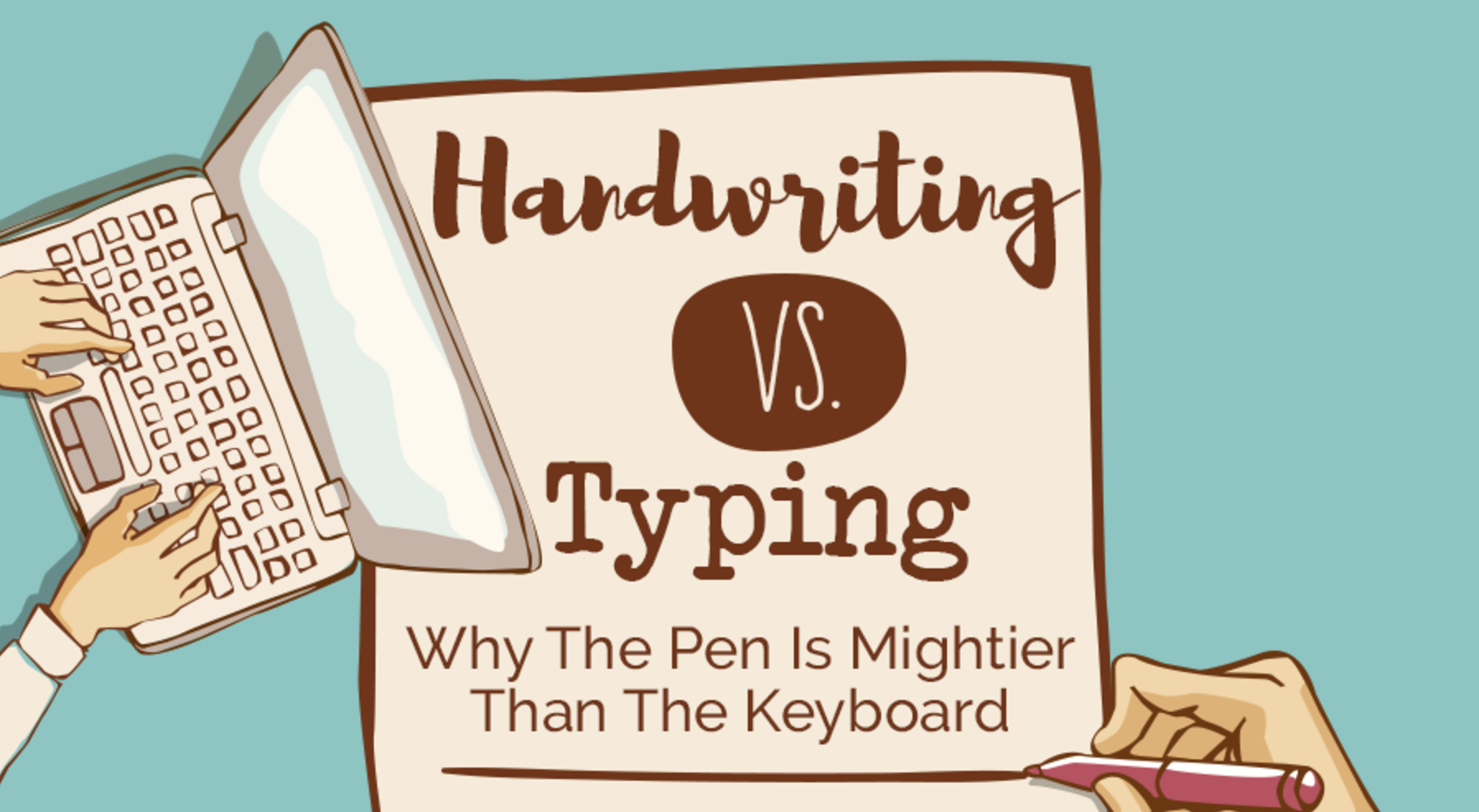How To Learn "Better"
It's the end of the year, and if you're a student like me, two things could've happened this semester: you're glad that you passed your classes and you're finally on a winter break, or you can't believe you've failed and must retake the same classes next semester. Interestingly enough, despite the subject matter, a common question students seem to ask themselves is: "how do I learn better"?
Let's cut straight to the point; learning "better" is entirely on the student. Learning is a choice that a student must decide on their own; a subject may not necessarily be hard, but rather there is just a lack of interest in the subject by the student. Interests are subjective; therefore, you could theoretically develop an interest for any field of study, but how realistic is that? We're not robots, and especially for undergrad students learning can defiantly be difficult. There are multiple ways of developing a better strategy for studying, however it is easier to analyze what students are doing wrong versus how to study more efficiently. This is due to the independence of learning; that is each student may learn differently from one another.


Arguably one of the biggest contributors for hindering the student learning progress involves note taking. Students should take notes during lectures to further solidify the substance of the lecture. However, the way students take notes plays a big role in learning. Pam A. Muller from Princeton University and Daniel M. Oppenheimer of University of California conducted a study and found that students who hand-write their notes are less likely to engage in an “autopilot” mode. Consequently; these students are more focused and can understand the material better when compared with students who solely rely on typing their notes on a computer.
Note taking isn’t everything and sometimes the best times we learn is when we’re not trying to learn! So next time you’re stuck on a complex problem, or you’re trying to understand a section getting some sleep in between study sessions can make it easier for individuals to further understand their subject matter. A journal of the Association for Psychological Science found that: “interleaving sleep between study sessions proves to be a more effective method in understanding study material rather than pure cramming.”

This doesn’t mean sleep away your problems, obviously studying must unfold first but resting your mind proves to be effective. An experiment conducted by Stephanie Mazza of University of Lyon involved 40 French adults who were randomly sectioned off into a “sleeping” group and a “wake” group. In this experiment all participants were presented with a subject matter that they had to study. After twelve hours the participants were recalled for evaluation; and as you can expect the individuals who were involved in sleeping cycles during studying resulted in a higher score.
Lastly, the independence of problems seems to be the biggest contributor in student failures. This is huge, and if you’re a grad student I’m sure you’ll agree whole heartedly. Students can fall into this dangerous trap of evaluating a question under the assumption that it must directly reflect the prerequisite material, that is they view a question thinking that it’ll be like something they’ve seen before. Viewing problems dependently or in other words “blindly pattern matching” results in students memorizing the subject rather than understanding how to apply the subject. What’s even more scary is that students could be engaging in this behavior without even knowing it. The best way to ensure that students aren't blindly pattern matching is to change up their way of studying.

In a study of with 86 healthy volunteers, all 86 were asked to learn a computer based motor skill. One group in this experiment were told to repeat the same learning procedure while the other group were told to review variations of the skill. Pablo A. Celnik, M.D. a professor at the Johns Hopkins University School of Medicine found that the group who studied in variations resulted in a better conceptual understanding of the subject versus those who just repeated the same review session. Arguably the ones who changed up their outlook and approach obtained a better understanding of the subject, essentially viewing the problem independently from all 360 degrees.
TL;DR (Abstract): Learning and understanding is dependent on study habits and how a student approaches a problem. This should be obvious as there is generally a positive correlation between an individual's understanding on a subject and how much the individual is exposed to that subject. However, plain exposure isn't enough for many individuals and a common question that many individuals ask is: "how do I learn better"?
Evidently it turns out there are different strategies that a student can use to encourage learning more efficiently. Notably these include but are not limited to: handwriting notes vs. typing, sleep cycling, and independent problem viewing. For the case of note taking; studies show that taking notes using via. handwriting encourages focusing during the note taking process.
A study conducted by Pam A. Muller from Princeton University and Daniel M. Oppenheimer of University of California showed that students who solely relied on typing their notes had a higher chance of loosing focus during the note taking process. Ironically another experiment found in a journal of the Association for Psychological Science shows that sleeping in between study sessions furthers the effectiveness of study sessions, especially when compared to cramming.
Lastly, viewing problems independently helps individuals understand problems from all perspectives. Viewing problems dependently or in other words “blindly pattern matching” results in students memorizing the subject rather than understanding how to apply the subject.
REFERENCES:
- https://www.npr.org/2016/04/17/474525392/attention-students-put-your-laptops-away
- https://www.eurekalert.org/pub_releases/2016-08/afps-smr081916.php
- http://journals.sagepub.com/doi/abs/10.1177/0956797614524581
- https://www.hopkinsmedicine.org/news/media/releases/want_to_learn_a_new_skill_faster_change_up_your_practice_sessions
- http://www.sciencedirect.com/science/article/pii/0361476X92900565?via%3Dihub
MEDIA SOURCES:
- http://www.simplycircle.com/
- https://efacademyblog.ef.com/blog/2016/11/17/bringing-home-an-open-mind/
- http://www.pickywallpapers.com/1920x1080/miscellaneous/funny/sleeping-ipad-wallpaper/download/
Note: A big thanks to @steemstem for providing fun and educational content relating to Science, Technology, Engineering and Math!

I knew about writing down the notes vs typing it up and how sleeping can help retain information that we absorb. However,
was new. Now that I think about it, I've definitely done this many times. This affects a lot of students when it comes to prepping for exams using practice tests. You rely on those old exams and somewhat expect similar questions but are let down when that's not the case at all.
Learned something new today and will work on fixing this habit. Thanks for sharing!
Thank you for reading! Yes, relying on old exams and practice tests may not be the most effective way to study, however if the particular subject matter is only requiring the student to memorize; then it may be! It all depends on what you'll be evaluated on; your understanding of the subject, or the memorization of the subject? :)
I see the stats shown by research, but I believe everyone has their most optimum method. I myself, if interested, will seek out all information on a topic if I am truly curious. Learning the material has a lot to do with action, but most of that time that action is driven by curiosity. Taking notes can be beneficial, but I prefer to soak it up in my own way. I'm sure not everyone does this.
I'm a young nigga with an older soul, but young enough that I know I gotta learn some more.
Lol! There is indeed independence behind how students learn, that is why a single lesson plan may not be effective for everyone. Learning how to learn is arguably one of the best things you could ever do for yourself, and if you've done that already there's nothing you can't learn!
This is truly a detailed information on learning better.i learnt alot from this... I would love to read more of this from you...i just followed you and I would appreciate a follow back.
Thank you! I'll be sure to look at your posts as well.